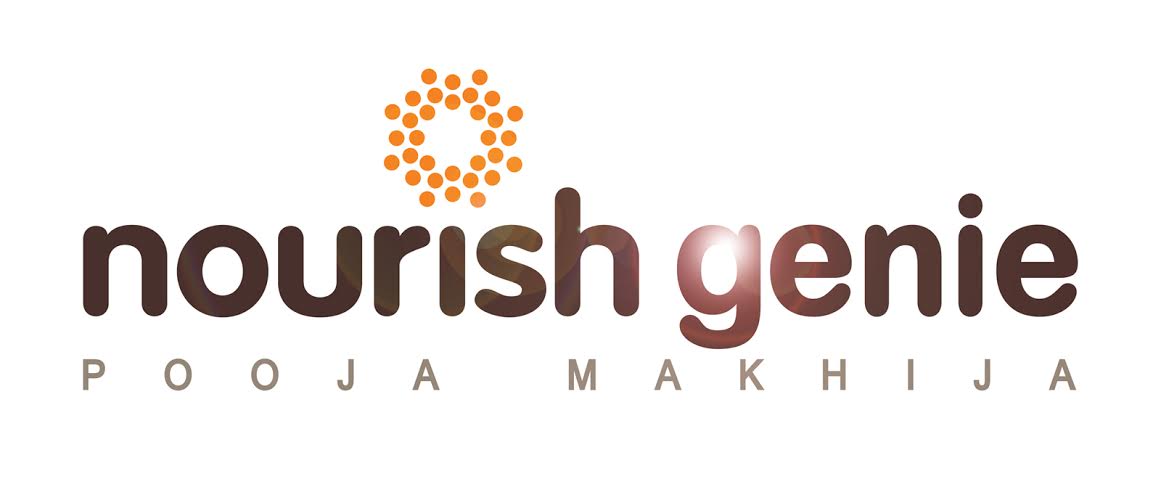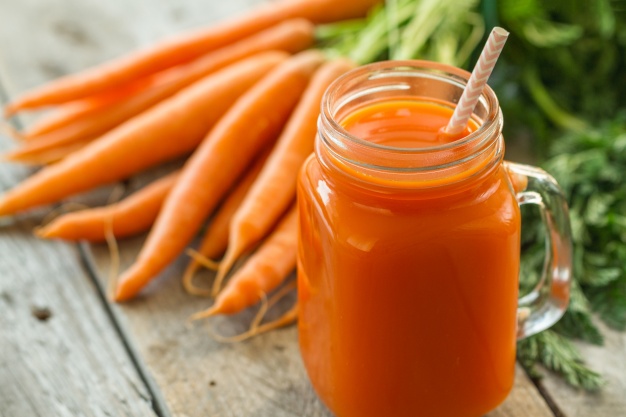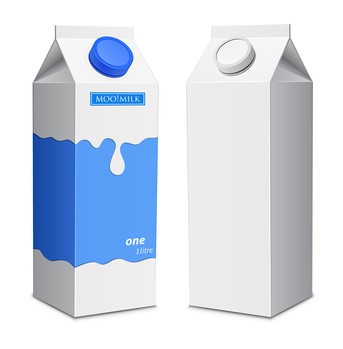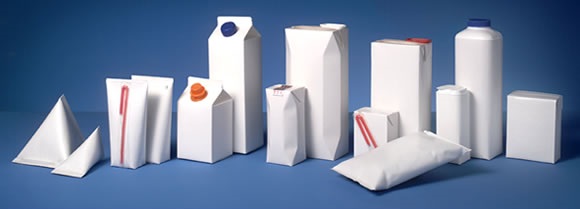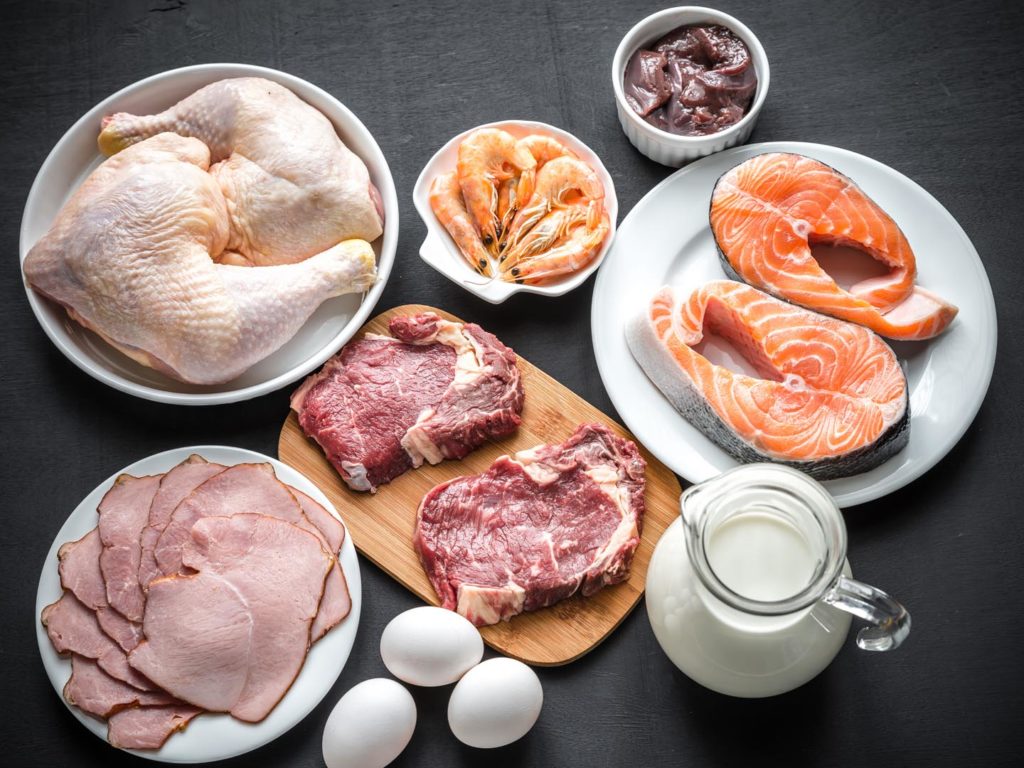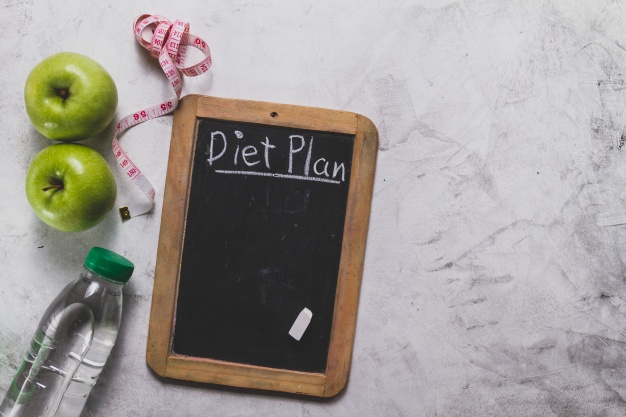Your diary is over flowing. Your schedule is packed to the brim. You are rushing from office meetings to social engagements. You catch up on sleep during your commute, or when your boss isn’t looking. You are successfully maintaining your hectic schedule… but there’s something amiss. You don’t feel like you used to you are tired all the time, keep falling sick, and get irritated quickly. It could be because you are overworked and undernourished. Food is pretty much fundamental to your well-being and provides the `Go’ to your Get-Go. You need to arm yourself with the following food fighters.
PROTEIN
Protein is the best way to build your internal soldiers, to fight disease, to repair wear and tear. You can’t do without protein. But when I talk about this vital macronutrient, I’m talking about quality protein. Choose lean protein like eggs (egg whites), fish, white meats like chicken and turkey, dals, and quinoa. You don’t want protein that’s rich in saturated fats, like red meat. Additionally, while protein is elemental, it’s also important not to OD on it. The recommended `dosage’ is one gram for every kilo of ideal body weight.
VITAMIN C
Vitamin C is a beautiful immunity booster. To understand how it works is to first understand the process of oxidation. Oxygen, while something we cannot live without, also creates reactions with other compounds causing destruction. Rotting fruit is the best example. Breathing in oxygen results in the development of molecules called free radicals. And if your free radicals aren’t being flushed out regularly, they could cause significant damage and may lead to diseases like cancer and more. Vitamin C is a free radical scavenger .Eat amla, kiwi and other vitamin C-rich foods to prevent diseases.
VITAMIN B12
Vitamin B12 has a direct impact on both your immunity as well as the speed of your recovery. A note for vegetarians and vegans: B12 is found only in animal-based foods, including dairy and eggs. So it’s better to take a doctor-approved B12 supplement to maintain adequate levels of this particular nutrient.
ZINC
Too little zinc affects white blood cells’ strength and with it, immunity. You can find zinc in poultry, nuts, whole grains, beans, dairy products, and even in certain breakfast cereals. Children are especially vulnerable to lower levels of zinc. Be conscious of that while preparing meals for them.
Whatever you do, don’t ever starve yourself intentionally or by accident.
